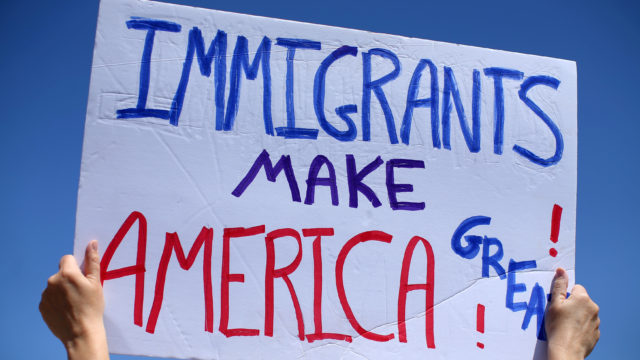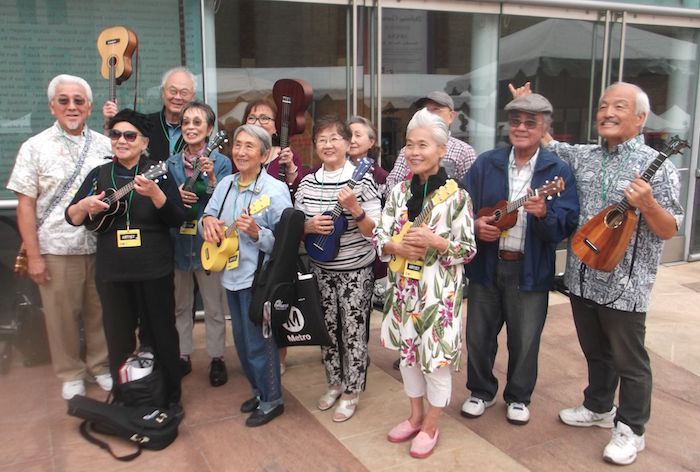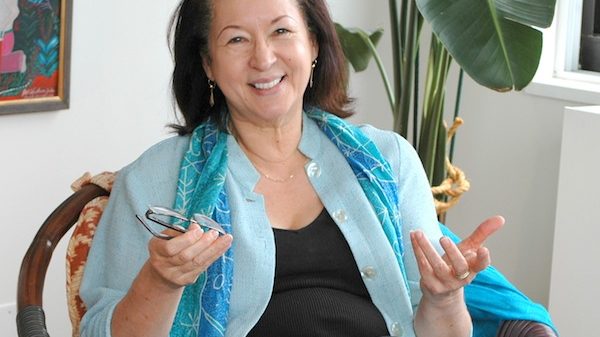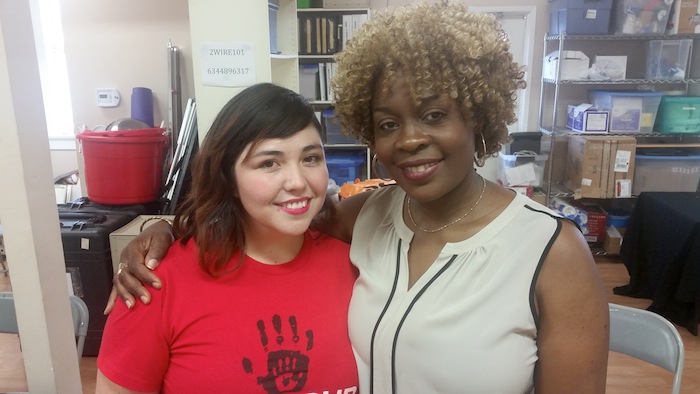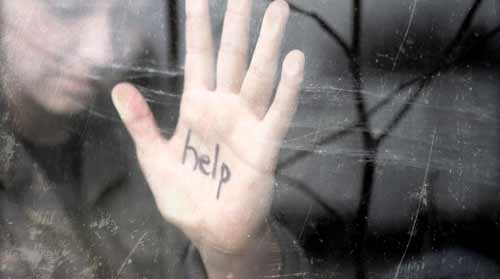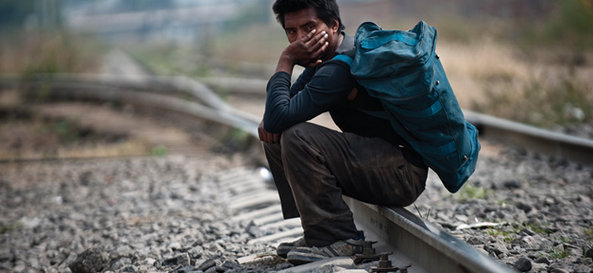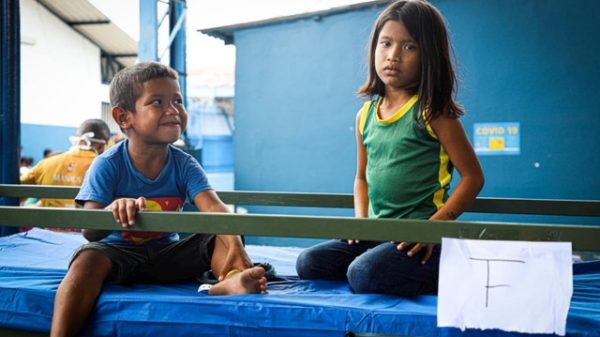Magazine, Immigration, Opinion, By Juan Riboldi, Times of San Diego
As Joe Biden prepares to become the 46th president of the United States, many people wonder how immigration will be handled differently under this new administration.
Certainly, in recent years the story for so many immigrants is very different from the way it was for me when I embarked on my American journey more than three decades ago, arriving from Argentina with a mixture of trepidation and excitement.
It was the 1980s when I arrived in the United States as an international student, seeking a better education and relying on my own industriousness and a $2,000 loan from a family friend to make it in this new country. I knew just enough English to get by, was unsure what would happen when my money ran out (which didn’t take long to happen), and had to adapt to the American culture and way of life. I had to leave much behind, but it was all worth it as I saw much opportunity ahead.
And what was I leaving behind besides my family, friends, language and culture?
Perhaps a story from when I was 17 illustrates this best.
One day, some friends and I went to a cinema to watch the 1978 American movie The Deer Hunter, a Vietnam War film that I mistakenly and naively thought would be about hunting deer. This confusion, though, was the least of my worries.
More concerning was that during a time of military dictatorship, the Argentine government had blacklisted that movie, labeling anyone who watched it a revolutionary. No one going into that cinema would have known this; it was intended to be a trap!
For my crime, the government tossed me in jail where they interrogated and harassed me. Finally, presumably after determining I was no real threat, they released me, along with the friends who had watched the movie with me. As you might imagine, if you were not a revolutionary before such an experience, afterward you would begin to develop thoughts about standing up for your rights.
This is what was happening in my home country. The Argentine people called for elections after the 1982 Falklands War, a dismal failure for the military. Demonstrators were in the streets facing off against the military as they sought the right to have a say in their own destinies.
Compare that to the world that greeted me in the United States a few years later. Sometime after my arrival, I attended a July Fourth event where people celebrated their freedom. It was so powerful to experience this contrast after having been raised under a military regime.
Even though I have now been here for more than 30 years, my experience as a newly arrived immigrant stayed with me and gives me empathy for those who leave their home countries today to come to the United States, sometimes at great risk.

